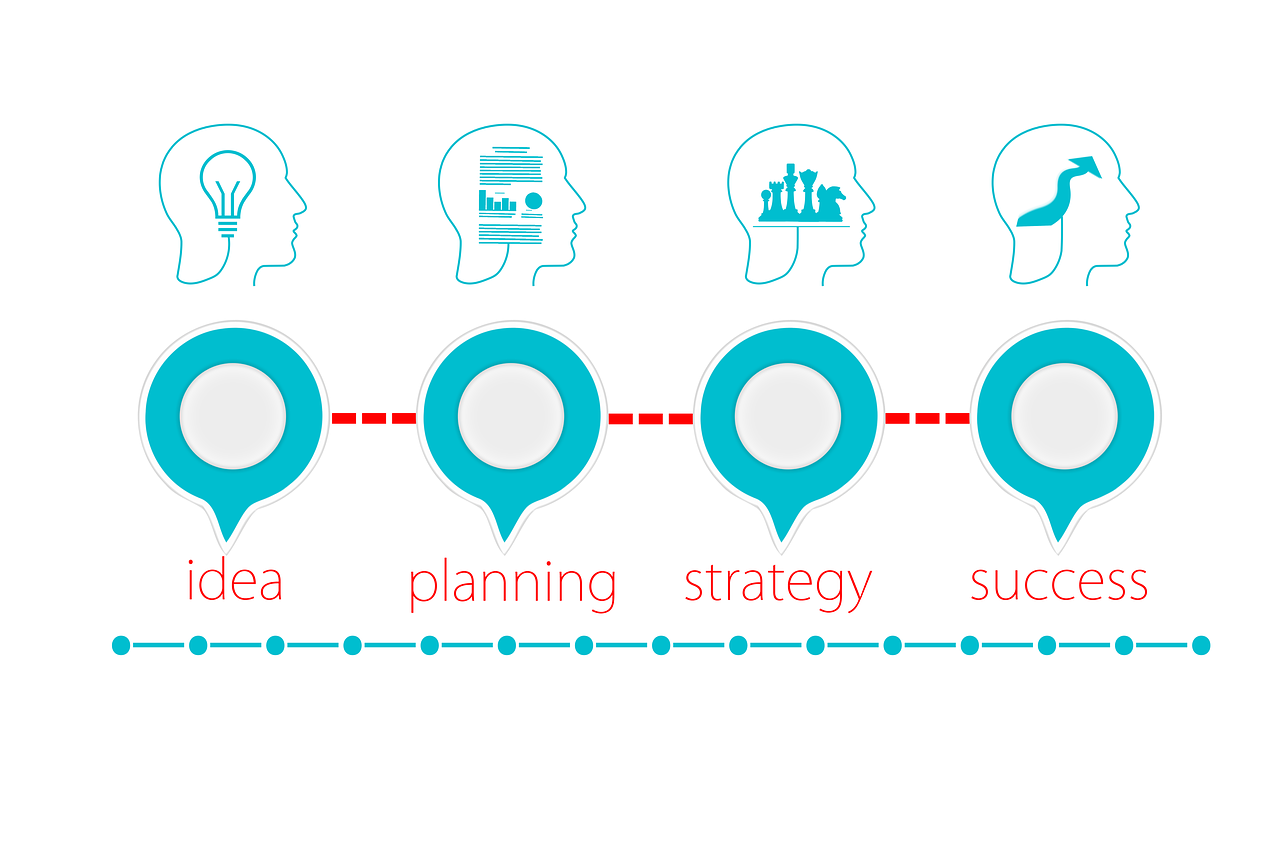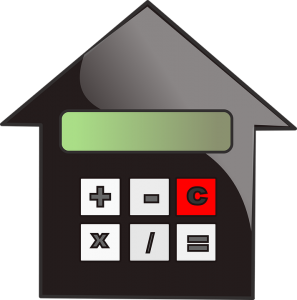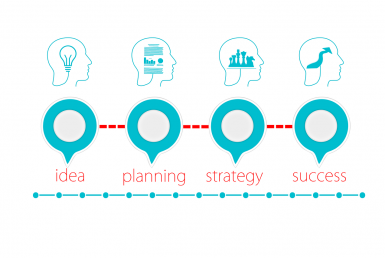How to Sell a Business? – Process of Selling an Insurance Agency

So, you want to sell your business? It may be a small insurance agency book, or a large
multi location insurance brokerage. You may have many reasons for the why,
but it may be the unknown of the process, that keeps you from moving forward.
Once you move past the mental block and start learning about the steps to
selling your insurance book of business or insurance agency, you will be totally engaged.
Sometimes, the unknown can keep of us from moving forward, as we have mentioned,
so, our hope is, to shed some light on the process for you.
Business Overview
This process will show the business steps that are normally taken into consideration
before a seller transitions to the seller side. This will give you the confidence needed in
your decision making.
How to Sell my Business? – Insurance Agency
4 Areas of Discussion
- Sell-ability – An overview of whether your business is sell-able in today’s market.
A consideration into the internal and external conditions that play a role in
this process and decision making. – Sell-Ability – Value of Insurance Agency Rule of Thumb
- Timing – Timing is everything! We all know it, but a look at exactly what effects
the sale and purchase of a business due to timing is crucial in the marketplace.
Time is money, so a look at its contributing factors is a must.
- Finances – The buck stops here. This is where the bottom line meets decision time.
Ultimately, if the numbers make sense at this level, after all conditions and considerations
are reviewed, then you are ready for the final move. Decision Making Time and Communication Delivery.
- Decision Making and Communication Delivery. – This is where words are expressed,
other parties considered, and the final delivery of communication is exchanged.
This is where the real bottom line exists. It is where the pen finally meets the paper.

What is Sell-Ability? – Value of Insurance Agency
As you can imagine, if you are an insurance agency owner, regardless if you want to sell
today, next year or were just curious in your current worth, you need to know your agency’s value.
This is top priority and it should be. It’s why you can stay in business and
continue your passion in the first place.
Or, if your passion is flipping insurance agencies or whatever ignites your
fuel, the same applies to this scenario as well.
It’s “value” and “worth” that are still paramount in the final equation. No matter
which way around it, business valuation is an important insight,
but a subjective tool, as you will learn.
What is Consistency of Valuation?
But, to stick with just the valuation side of a business, let’s answer a very common
question within most agency owners’ minds, “what’s my business worth?”, like we said,
it’s a very common thought and thought process, regardless if you are going to sell, buy or do both.
To answer this question with a one-line answer however, would serve no purpose
to no one. Anyone involved, from the reader to any potential sellers, would be misled with a one-line answer.
This applies to the most subjective material in this field, business valuing.
Complexity of the Process?
Complexity, what complexity? Actual, in the business valuation end, nothing can be taken
at face value. This is because, to take a complex issue, where so many other external factors
contribute to the bottom line, would be an act of insanity. The valuation
process would be undervalued to say the least.
So, make sure you are reading on several different tools and methods for valuing your business.
To use 1 formula or factor to determine your agency’s worth, would
ultimately be detrimental to your bottom line as a seller.

Business Industry Exploration – Faces of the Marketplace?
There are many faces to the valuation process. So, to limit any subject with
a singular answer limits the scope of the entire process.
As mentioned earlier, many components are overlooked, such as online internet space.
That is why it is important to peer out of the business lens, and see it
through another focus.
Factors to Consider in Agency Valuation Process
Now, to the fun stuff, the value of your business.
There are key factors that are involved for this area of discussion.
One way is through an appraiser. These valuation factors are in most cases,
assigned to an appraiser, rather in house or out in the field.
This is because when a business needs to be valued, a professional is the key source to this discovery.
Now, the appraiser’s number will be in a ball park figure.
Appraiser Valuation
Need to consider appraisers valuation? Yes, because value and worth as you know,
are subjective or relative due to outside factors.
These factors include:
- timing,
- economic
- and political conditions
We would not be serving this topic of discussion with any forward thinking
or industry market insight, if we ignored these other factors. Again, we do not
want to limit your agency’s scope on the valuation process.
Insurance Agency Example?
Now, an illustration to show you firsthand how this takes place.
Let’s say for example, that you have a medium size commercial auto insurance book of business,
but you do not know what it is worth.
You are interested in finding out the value on it, just in case you decide to pull
the trigger early on, even before your retirement plan kicks in, who knows.
The possibilities are endless once you move through the mental acceptance
and valuation process stage. This is when a number figure sounds appealing,
and your mentally prepared for the next journey in the business sale.
If you are at this stage of the business thinking process, then consider the following questions below.

Agency Valuation Checklist for 2018!
Of course, this checklist is just for illustration purposes, and is not a complete guide.
This overview is to point you in the right direction and briefly describe your next move.
It will help guide you through process, and discover your
next move in the buy or sell of your insurance agency.
Questions when Selling your Insurance Agency?
For example, some questions to consider in this process are as followed:
- What type of coverage is your book? – Commercial or Personal Lines
- Mixed Agency book?
- Additional Lines
- Lead Source Generation?
Tips to Sell Your Insurance Agency!
There are many factors to consider when deciding to sell your business, as you have seen.
To help make it simple, jot down the areas of your insurance book, and go from there.
It can help as a blue print for your business landscape and serve you later in the process.
Another helpful tip, is find the loss ratio of your insurance books.
You may know the appropriate figure right off the top of you head, depending on agency size and involvement.
More Tips!
Yes, you can also check your agency appointment letter for further help.
This is because, this agreement will indicate how much product you are placing, with
what entity, and product type. Most of your answers are on this sheet, and a good place to start.
Make sure to cover this with an industry professional if you have any
further questions.
Agency Determination – The Whole Mission?
The first place to start, is to see what type of insurance agency you are.
Sounds basic, right?
But, it is the entire foundation, and road-map for the valuation process.
For example, you will want to look at the different types
of agents and agency classification you fall under.
This will help determine what box to list your business in, once you
become interested in selling your business.
Not every buyer is, looking for the same types of insurance agencies,
some may want a mixed book of both commercial products and carrier appointments,
while others just want personal lines.
Or, you may find a buyer who is only interested in your benefits insurance book.

Agency Evaluation? – Types of Insurance Agents
Let’s look at the different types of insurance agents involved in your daily operations.
Why? It can help fill in the boxes of information and business overview, when
you are ready to buy or sell your insurance agency. So, what does “types of agents mean, anyways?” and
how does it effect your bottom line?
These types of agents exist within the insurance industry, and for good reason.
Many of them take our phone calls when we are shopping around for insurance rates.
There are 6 roles or types according to “The Handbook of Insurance Agency Law” (Rhodes, 1994).
We will be looking at the “Insurance Agent Types”
to establish some frame work within the business model.
Identifying the role of agent types will also help categorize the
nature of businesses, and possible worth or value of agencies.
This is accomplished by categorizing the role of agents, since through
this method, you indirectly are categorizing the role of your agency.
What are General Insurance Agents?
So, what exactly are general agents. They are agents categorized by limitations.
These limitations are placed on these agents’ powers and authority.
The license status of the agent is a determining factor to the extent in which the
insurance company is bound by the acts and omissions of the agent.
We think of “general agents” as the party similar to that of insurance agents.
The general agent has authority to bind coverage for the insurance company,
waive policy provisions and conditions and take on any task on behalf of the insurance carrier.
The difference in a general agent verses a traditional insurance agent is the authority level.

Difference between General and Local Agent?
The general agent unlike a traditional local insurance agent,
can perform virtually all roles and tasks on behalf of an insurance carrier.
Whereas, an insurance agent is limited by policy guidelines and provisions,
and lacks power and authority to take on all tasks.
On a side note however, there are some insurance companies that
distribute their products through General Insurance Agencies only.
Specific Product Lines?
This means that in some cases, the only way to offer a certain product line
to your marketplace, is to either have met the requirements for a
direct company appointment, or bridge through a General Agent or MGA.
Hold onto that thought! This could be a very appealing factor
to a potential buyer, and if you are a seller with this type of agency, you may have purchasing power.
Of course, always refer to the current market trends, or a trusted business broker.
Buyer Trends?
Buyers may be looking for a book, whether it be preferred, commercial or both.
Maybe, the buyer is just looking for carrier appointments, and you happen to have one they need.
Having your business written through this channel, can work in your favor in some cases.
It depends on other factors, such as:
- the agency’s book platform,
- agency retention
- and policy lifespan.
For an example of the case above, look at the California Insurance Code 769.85.
It states that the acts of the Managing General Agent
are the acts of the insurance company, or who it is acting on behalf of.
So, it basically is saying that they can be examined, as if they were an insurer.
What is the Legal Definition of MGA?
So, what is the definition of a managing general agent anyways?
It means, from a legal perspective (Code 769.81), “any person, firm, association,
partnership, or corporation” who does any negotiation and binds
“ceding reinsurance contracts” on behalf of an insurance company
or does all parts of the business transactions on behalf of the insurer.
In these cases, departments are taken out to accommodate
the role of manager, when acting on behalf of an insurer.
This would involve separate divisions, departments or underwriting
offices, as an example.
Insuring Roles?
It would be any roles to alleviate the duties of the MGA.
For example, a MGA can appoint subagents to take on some of this
leg movement with help to write and bind polices.
These subagents are not required to do anything outside of earned commission from these MGAs, however.
As a business owner, or insurance agency owner, you understand this relationship very well.
It’s one where you quote, rate and in most cases, bind polices through the MGA. The rest is history.
Business Relationship
Basically, you, the agency owner will service the front end of the business and relationships with insureds.
In many cases, the entire process, unless it goes outside of the scope of the agency’s
duty, for example claims, will be handled by the agency, and not the MGA.
However, something like claims, would be deferred out to the right department.
This provides a better total customer experience, while streamlining
the entire process for both insured and insurer.
When NOT to include MGA?
When will a person not be included as a Managing General Agent.
- If you are an employee of the insurance carrier
- If you are U.S. Manager of the United States Branch of an “alien insurer”.
- If you are an underwriting manager.
- Acting for subscribers of a reciprocal insurer
- inter-insurance exchange under powers of attorneys.
Authorities and Powers of MGA?
- power to receive and accept policy applications
- to bind the insurer
- collect and receive insurance premiums
- and conduct virtually all aspects of services and solicitation to insureds on behalf of the insurer.
- can appoint sub-agents to assist in the above duties.

Concluding Thoughts:
As you can see, there are many components to selling your business.
Each industry has specialized needs to a buy or sell.
This is why it is paramount, that you choose a business broker with a successful track record in your industry.



